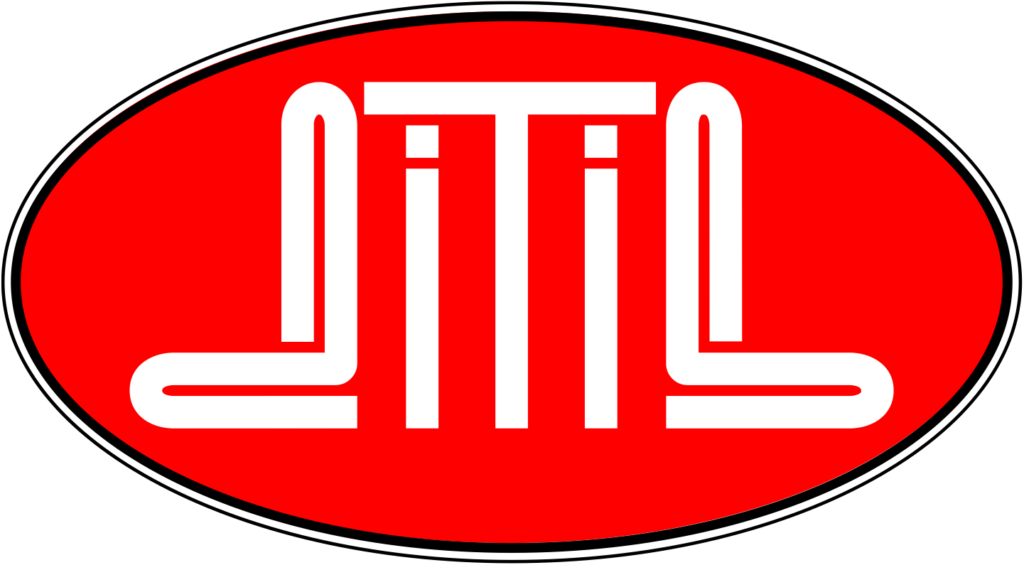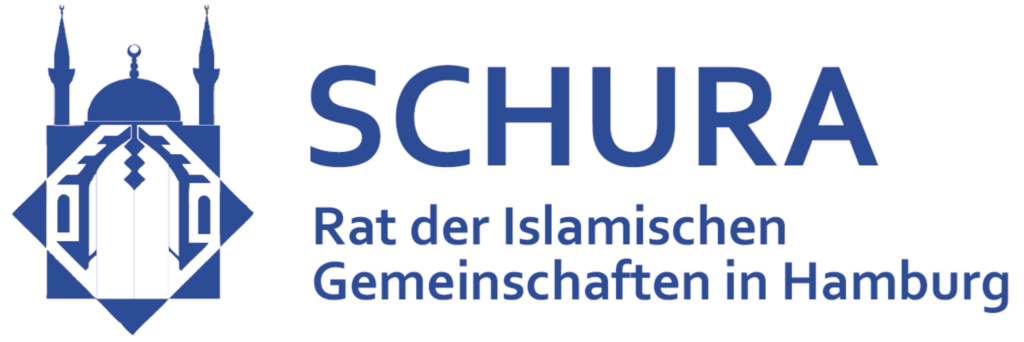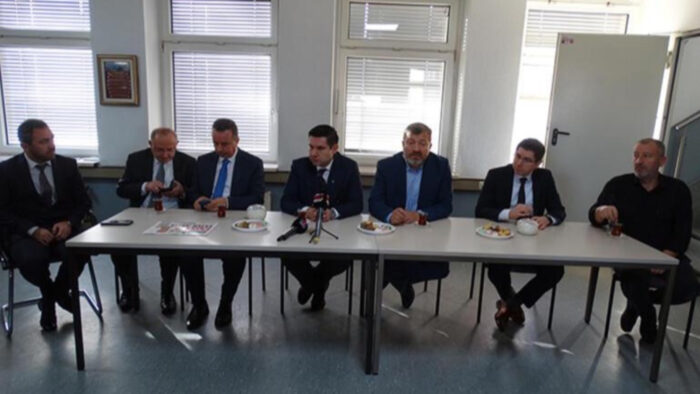The German city of Essen has declined to recognize a Turkish-German mosque organization with close ties to the Turkish government as a public youth welfare organization. According to the WAZ report:
November 16, 2022 The attempt by the controversial Islamic association DITIB to be recognized as a public youth welfare organization in Essen has failed: the DITIB community in Altendorf submitted the application in December 2022 in order to be able to provide services for young people in the district. After some sharp criticism, the city’s youth welfare committee postponed the matter. Now the city has stopped the recognition process: The association had not answered questions about its work and orientation, explained youth department head Muchtar Al Ghusain. Last year, an alliance, which included Kurdish associations as well as Pro Asyl Essen, had warned that DITIB congregations had repeatedly attracted attention with incitement against dissidents and minorities: the association is completely unsuitable as a service provider for youth welfare. There have been many reasons to doubt that the Islamic association DITIB acts in accordance with the Basic Law, says the Green Councilwoman Sandra Schumacher. “These doubts have not been dispelled.” Other critics had also pointed out that the Altendorf DITIB community was considered independent, but belonged to the umbrella organization of the Turkish-Islamic Union for Religious Affairs (DITIB) in Cologne — and could be exposed to great influence from Turkey as a result. “DITIB imams have been proven to have spied on people in Germany on behalf of the Turkish government and reported them to Ankara,” emphasized the Left Party in the Council, for example, and campaigned for a rejection of the application. [Translated by DeepL with edits]
Read the rest here.
The Turkish-Islamic Union for Religious Affairs (Turkish: Diyanet İşleri Türk-İslam Birliği; DITIB) is a mosque umbrella organization that operates in several European countries. The organization is linked to the Diyanet, a Turkish government agency responsible for religious affairs. The Diyanet sends imams to DITIBs mosques, and the Diyanet or the local Turkish consulate pays their salaries. DITIB plays a role in education about Islam in Germany, as seen in the cooperation between DITIB and state schools and the advisory board seats at German university theology programs held by DITIB representatives. Germany has cut funding to DITIB and sought to have imams educated in Germany to reduce the number of foreign imams and curb the Diyanet’s influence.












